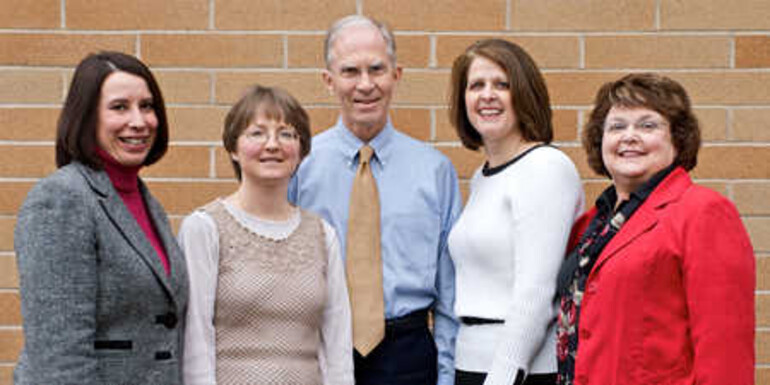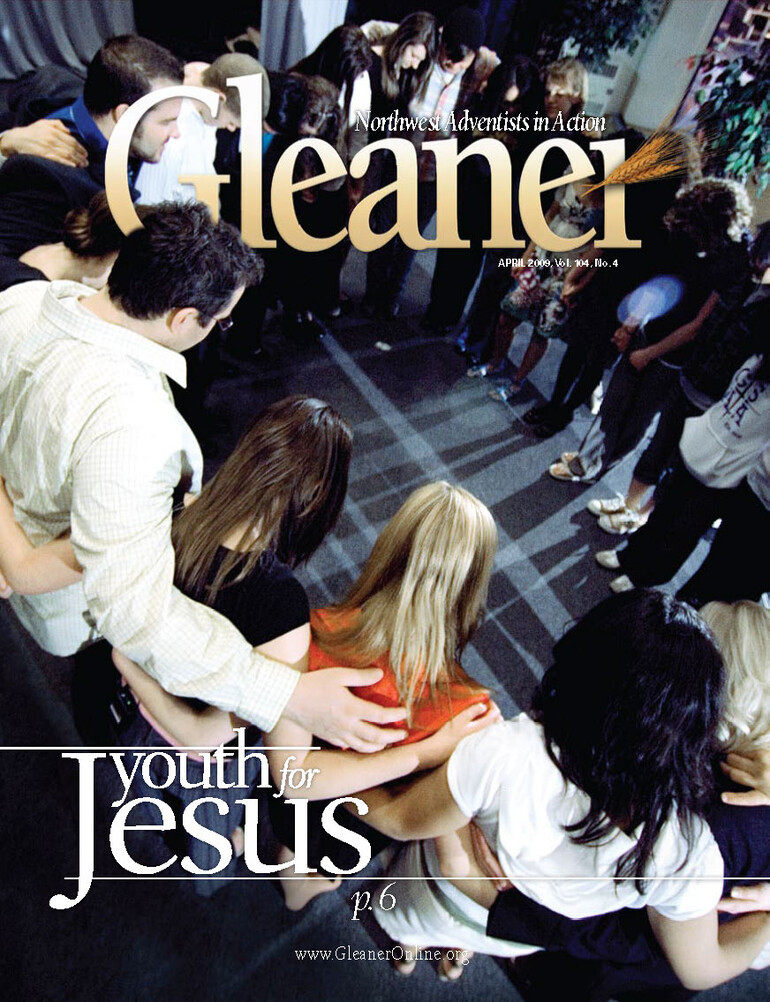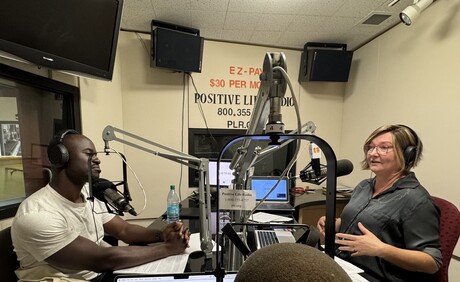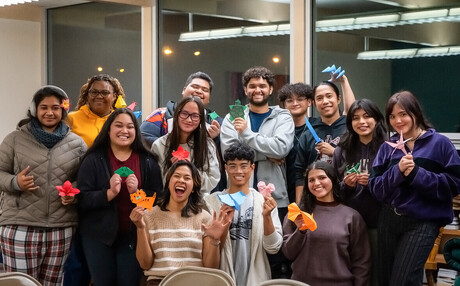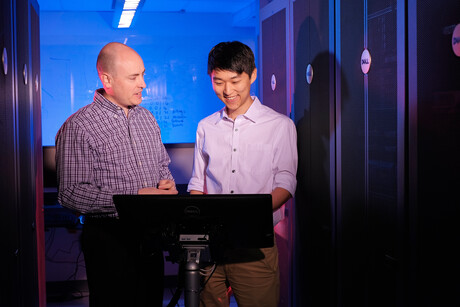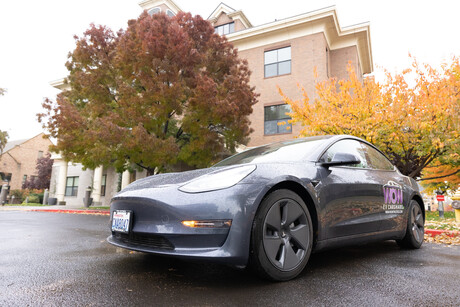Jesus told us we are to forgive 70 times seven—in other words, a whole lot! But is it really that simple?
Pastoral and counseling experiences with people who have trouble forgiving others indicate knowing what Jesus said about our need to forgive does not necessarily enable people to forgive.
"This often results in tremendous guilt and questioning of one's spiritual health," says Darold Bigger, professor of theology and social work at Walla Walla University.
Bigger was part of a research team from the WWU School of Social Work and Sociology which recently concluded a study on forgiveness. Funded by a $25,000 grant obtained through the Center for Spiritual Life and Wholeness at Loma Linda University, the study took two years to complete.
Bigger worked with co-primary investigators Barbara Hernandez, director of clinical training at the Loma Linda University Department of Counseling and Family Science; and Heather Vonderfecht, WWU associate professor of social work; to develop a curriculum with which to conduct forgiveness seminars around the Pacific Northwest. The seminars were done with predominantly Seventh-day Adventist groups.
Those who participated in the seminars were asked pointed questions regarding their experience with forgiveness.
A staggering 63 percent of the difficulties participants experienced with forgiveness involved relatives. Other common issues were those related to work, non-family perpetrated abuse, or friends. And 44 percent of the participants reported they experienced some degree of pain from the grievance they were trying to forgive.
"What surprised me about this study were the cited reactions of others to whom participants had confided their dilemmas," says Hernandez. "Common responses were judgment, threats, shaming remarks and silence. I didn't realize so few people know how to help someone who is having a hard time forgiving someone else for very real grievances."
Two formal standardized tests were given before, and again directly following, the 8.5-hour-long seminars. The tests were administered by the other members of the research team: Pam Cress, dean of the WWU School of Social Work and Sociology; Susan Smith, WWU professor of social work; and Rachel Davis, graduate student research assistant.
The Enright Forgiveness scales administered indicated significant results showing participants left the seminars with a healthier level of forgiveness than when they began. The State Trait Anger Scale found participants' scores dropped significantly on "bottled up" anger from pre- to post- seminar testing.
"One participant commented there was a moment where it all came together," recalls Bigger. "The individual said it felt as though they were walking ‘from a dark room into a gloriously warm, bright new day.' That is why we worked so hard on this project, and why we push ahead to give this information to others."



